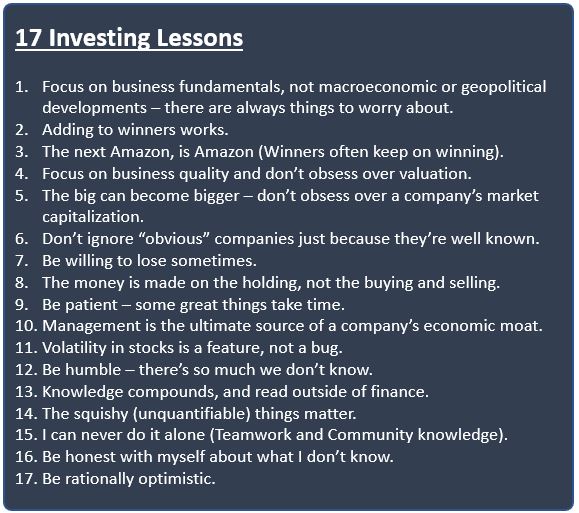
Good introductory article for those interested in Behavioral Finance.
Stuff we should care even more about, when Markets and our Portfolios are at All Time Highs.
corporatefinanceinstitute.com/resources/know…
Stuff we should care even more about, when Markets and our Portfolios are at All Time Highs.
corporatefinanceinstitute.com/resources/know…
Top 10 biases in the article. Brief descriptions and in-depth articles included/linked in the article. 

My views w.r.t Behavioral Finance - Don't go overboard reading tons of books/articles on this stuff, but observe the most common/impactful mistakes you're making, and others too, study the reasons behind them, and improve the process so that you can minimize those mistakes.
• • •
Missing some Tweet in this thread? You can try to
force a refresh











